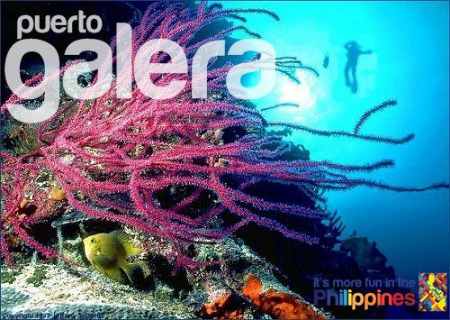Experts Stress Need to Keep Marine Eco-Tourism ‘Intact’
Healthy marine ecosystems are critical to long term and short term development in marine tourism, experts said.
World Wildlife Fund (WWF) International Global Shark Program Leader Andy Cornish made this point speaking before listeners attending the recently concluded (PATA) Forum in Legazpi city.
Cornish, among other speakers, tackled how marine tourism could create a powerful economic incentive for conservation but could also lead to detriment impacts if improperly managed.
He said that for the benefit of tourism as well as ocean health, countries need to keep marine ecosystem sustainable.
In his presentation, he highlighted how shark and ray-focused tourism is a “rapidly growing industry” with at least 375 well-established shark tourism operators in 83 locations spanning 29 countries.
“Globally, about 590 thousand shark watchers generate expenditures of over USD 314 million per year, supporting 10 thousand direct jobs,” Cornish said. “(It) generates far more value than fishing.”

“These animals stabilize marine ecosystem. They stabilize food webs that are important to us,” he added noting that studies have shown that the loss of large sharks cause in the reduction of seafood species eaten as food.
He meanwhile explained that what needs to be done is to formulate a best practice guidance for establishing and maintaining tourism operations focused on sharks and rays as threats—particularly overfishing—remain.
Shark and ray-focused tourism, Cornish said, is a “premium attraction for wealthy tourists” but at the same time “helps align coastal communities and tourism operations towards joint sustainability agenda.”
If sustained, it will also directly protect the animals that contributes to ocean health – and long-term viability of local marine tourism as well as effectively protect Marine Protected Areas, which can enhance seafood production, he added.
International Union for Conservation of Nature (IUCN Southeast Asia Group) Deputy Petch Manopawitr for his part mentioned that many in-water activities were a part of marine and coastal tourism including swimming, snorkeling, scuba diving, interaction with wildlife, cruise and boating, and recreational fishing.
“Tourism, as a whole, is the most international trade item, with reef tourism becoming an increasingly large component,” Manopawitr said.
“It accounts for more than 15 percent of GDP in at least 23 countries and territories including top destinations like the Australia’s Great Barrier Reef (GBR), the Red Sea, East Africa, the Bahamas and the Caribbean, Hawaii, Maldives, and Southeast Asia,” he added.
In closing, Manopawitr stressed that tourism players should really emphasize why “responsible tourism” becomes more important in this day because as mentioned, while marine tourism could present threats, it could also present opportunities. (PNA) FPV/ANP


